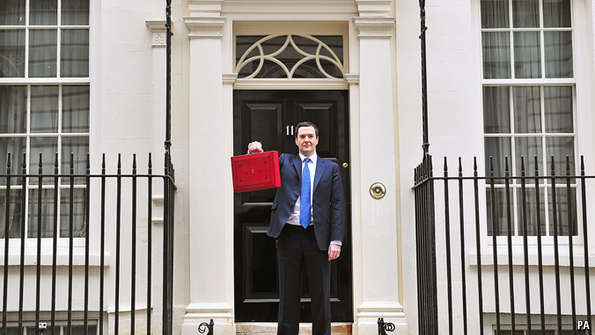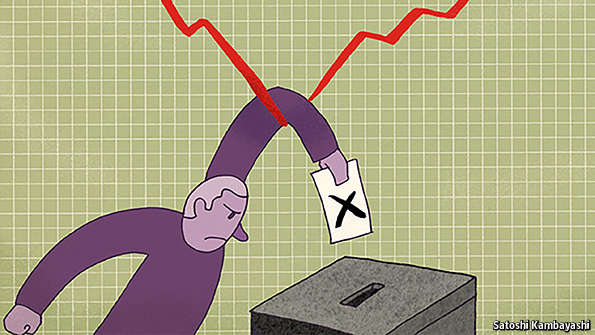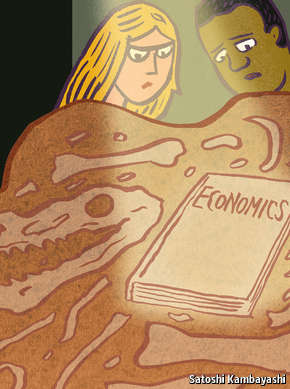Personally, I believe that Brexit would not be beneficial for the economy. Firstly, it would negatively impact trade. At the moment, the EU is a key trading partner for Britain. Half of British exports are consumed by the EU. John Springford of the Centre for European Reform reported that Britain's trade with the EU is 55% greater when it is a member of the EU. According to the Eurosceptics, after leaving the EU, Britain could still retain full access to the single market and would be able to sign free-trade deals with countries such as America, China and India. A Tory MP, Owen Paterson claims that EU membership prevents free-trade deals from happening and as a result, trade in Asia is lower than it should be.
EU membership has also boosted Britain's foreign direct investment (FDI). The past 20 years have seen a sharp increase in FDI and at least some of that can be credited to EU membership. Almost half of Britain's FDI came from the EU. The financial-services industry accounts for half of all FDI into Britain and half of that comes from the EU. Given the broad integration of wholesale financial services across the single market, it is evident that if Brexit were to create any barriers to exports of financial services to other parts of the EU, some of that investment will move. Big banks such as the Goldman Sachs and Deutsche Bank have implied that they might have to move some operations out of London.
Additionally, Britain would have to follow the EU's rules anyway if it wishes to retain full access to the single market. That is the case in Norway and Switzerland, who are both non-members but also have to pay into the EU budget. Norway pays roughly 90% of Britain's net contribution per head. Eurosceptics suggested that the 90% of small British businesses who do not export to the EU should not have to abide by EU regulation. The problem with that is that many of those businesses supply larger businesses that do export to the EU.
Thirdly, there is the issue of migration. A post-Brexit Britain would very likely choose to reduce immigration. Currently, it is not able to block the free movement of people from the EU as an EU member and migration from that region makes up half the British inflow. However, most economists and businesses agree that migration is more beneficial than harmful. The number of EU migrants is around 1.8 to 1.9 million, which is roughly the same as that of Britons living in the EU. But many of the British are retired and impose health-care costs on their hosts. On the other hand, EU workers in Britain are young and they pay more taxes than they consume in benefits. Reducing migration between Britain and the EU would result in a net cost on the economy.
Lastly, Eurosceptics claim that Britain should leave because it is frequently outvoted on policy and has a weak influence in Brussels. Yet at the same time they argue that since post-Brexit Britain is the world's fifth- or sixth- biggest economy, it would be able to punch well above its weight internationally and negotiate favourable deals worldwide, including with the EU it had just voted to leave.
Overall, the Eurosceptic arguments are riddled with contradictions. The political fallout after Brexit would be immense. Cameron would have to resign and be replaced with a more Eurosceptic leader. The first minister in Scotland made it clear that she will seek a vote for independence and she would probably win. With the prospect of the potential breakup of the United Kingdom coupled with negative economic effects, an In vote is obviously a more favourable outcome.


